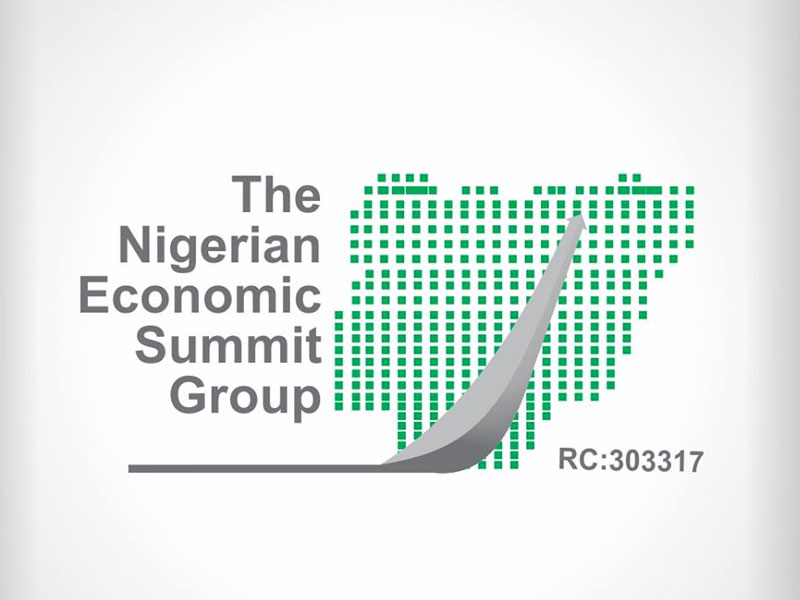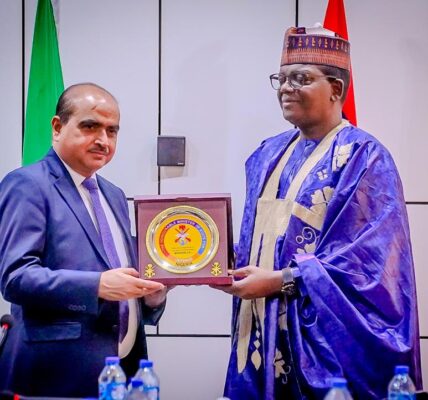Fresh report rolled out by the lead economic study group in Nigeria, the Nigerian Economic Summit Group (NESG) has painted a gloomy picture of the way and manner of recovery trailing the economy since exit from recession.
According to the report presented before the public by the group earlier in the week, there had been selective growth rather than aggregate rise across boards.
The report contained in the Macroeconomic Outlook for 2019, NESG averred that only few sectors account for a larger share of the gross domestic product (GDP) growth, which clearly showed high limited capacity of the economy to absorb jobless Nigerians in the ever-growing labour market.
Besides, recent GDP data show that Nigeria’s economic growth is tilted towards a similar pattern as in the pre-recession era, where growth was driven by a few sectors.
For instance, in the first three quarters of 2018, 13 out of the 19 major sectors contributed positively to GDP growth. Out of these 13, only six sectors accounted for 90 per cent of the GDP growth during the period.
Making reference to the new report during the launch, Head of Research, Dr Olusegun Omisakin, was of the opinion that “to deliver broad-based economic growth that addresses the priorities of the job-creation, and poverty-reduction, there is a need to have a fundamental shift in the thinking of the Nigerian government’s role in the business”.
He therefore called on the government at different levels and its agencies to truly act as ‘enablers’ in the business environment rather than creating hurdles for businesses through fierce regulations, and numerous charges.
According to him, “The central role of the Nigerian Government in defining sectoral goals and plans; guiding the policy process; identifying key constraints within sectors; addressing these constraints, while ensuring policy coordination across the board is crucial in opening up sectors to investments, enhancing value addition, and creating jobs in the process”.
“Effective government regulation sets the tone for growth of small businesses, innovation of industries, and global competitiveness of a nation, as countries with better regulations are found to be more competitive than those with a harsh regulatory environment.
In his assessment of the report and 2019 outlook, Chairman of NESG, Asue Ighodalo, observed that “Nigerian economy would grow by additional four per cent if increased attention were given to power. Government policies and intervention must aim at achieving ‘quality’ economic growth that delivers a significant reduction in poverty, and unemployment”.
Continuing, he averred that “We need to also concentrate on education at every level, vocational, technical. The world is growing rapidly and becoming extremely digital, but we are not educating the people for the direction the world is growing; we are not educating our people for the level of development that we require.
“So we need to focus on education and medium and small scale industries, while encouraging the private sector. We need to get plenty of the new capital coming into our economy; Agro-economy for instance, those areas that touch the lives of people. We can’t continue just having one per cent of our people very wealthy and the rest of our people very poor,” Ighodalo said.
In his view on how to correct the anomaly before it gets skewed for too long, NESG boss argued that “The way Nigeria needs to progress is that we need to determine the growth rate that we require to go into an emerged economy framework; Government and policymakers, and economists need to start thinking beyond a growth rate of three percent.”









